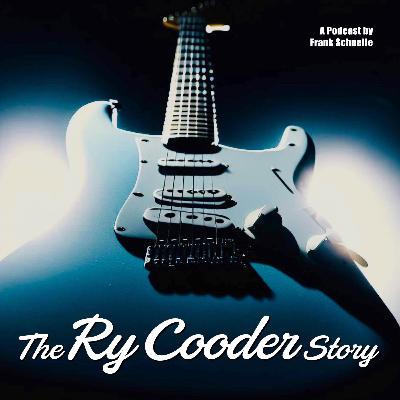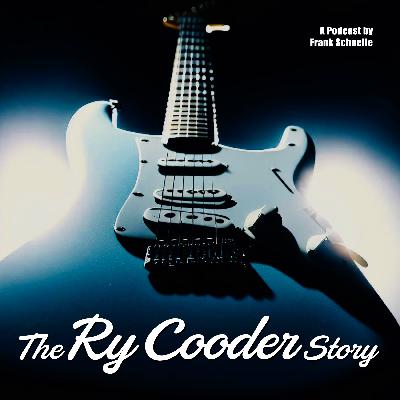
The Ry Cooder Story
Author: Frank Schnelle
Subscribed: 16Played: 423Description
“The Ry Cooder Story“ delves deep into the legendary career of master guitarist Ry Cooder. Prepare to embark on a journey spanning 60 years of musical genius. From his humble beginnings as a session musician with the likes of The Rolling Stones or Randy Newman, to his rise as a solo artist (“Bop Till You Drop“), film composer (“Paris, Texas“), or world musician (Buena Vista Social Club), Ry Cooder's contributions to the world of music are unparalleled. Each episode provides comprehensive insights into Cooder’s creative process, collaborations, and profound influence on countless artists.
This podcast uses a new production method. Thanks to a text-to-speech generator, all voices are spoken by an AI. But don't worry: it sounds like good radio, with pleasant sound, changing voices, and - most importantly - decent English.
This podcast frequently uses small snippets of musical recordings in podcast episodes for educational, review, and commentary purposes. In all cases, without exception, we believe this is protected by fair use in the U.S., fair dealing in the U.K. and EEA, and similar exceptions in the copyright laws of other nations. No more of the original than necessary is used, and excerpts are edited into long-form narratives, making the use transformative in nature.
Written, produced and edited by Frank Schnelle
Theme and background music by Chris Haugen
Follow us on Facebook, Instagram, Tik Tok and YouTube
Support us on Patreon
Hosted on Acast. See acast.com/privacy for more information.






